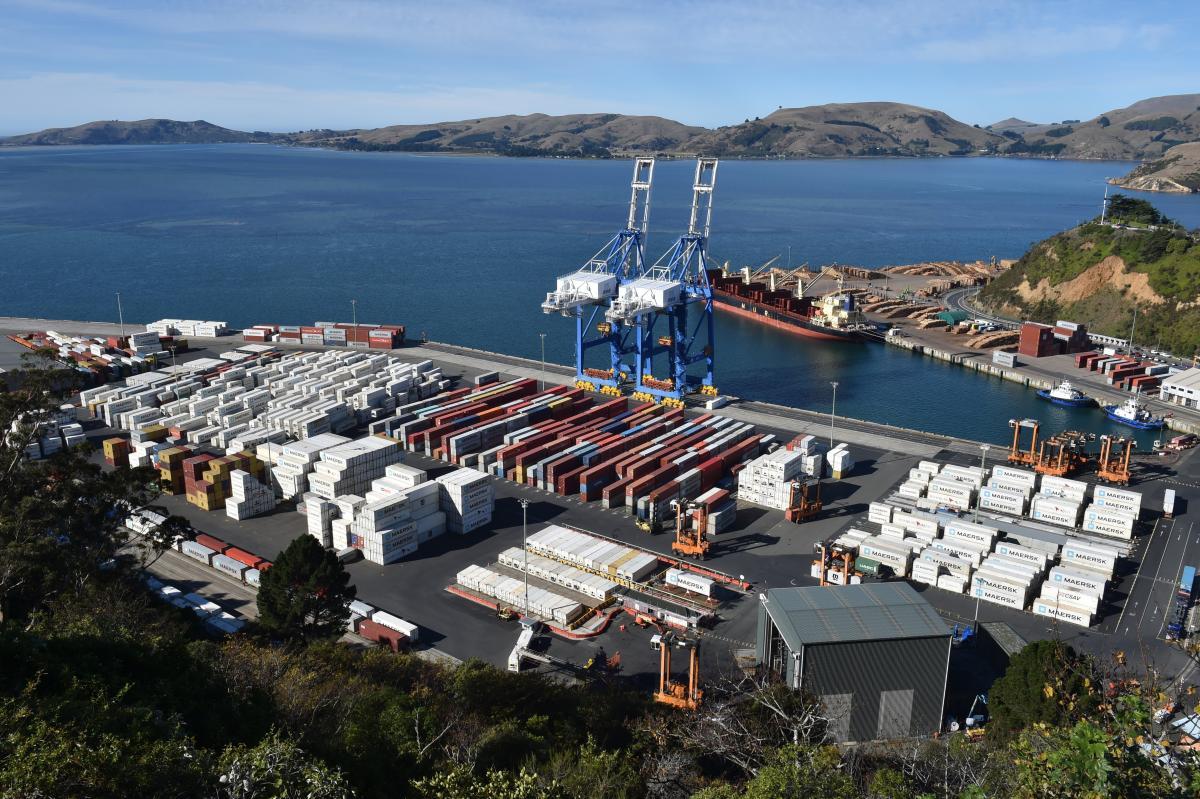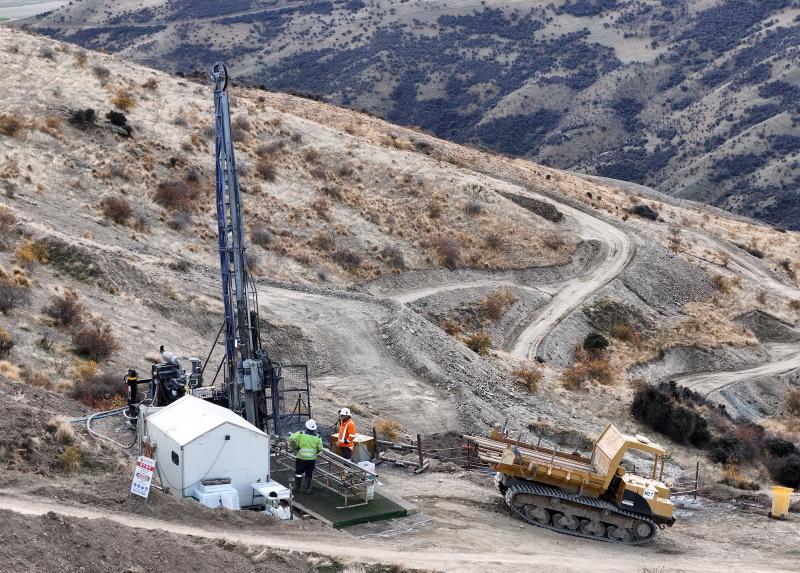Stats NZ data shows gross domestic product, the broad measure of economic growth, fell 1% in the three months to September, to be 1.5% lower than a year previously.
Significant revisions to previous figures resulted in a fall of 1.1% in the June quarter, meeting the definition of a technical recession.
These were the biggest quarterly falls since late 2021 at the height of the pandemic and lockdowns, but excluding those the six-monthly fall was the largest since mid-1991.
However, previous negative readings for 2022-23 have largely disappeared.
The big falls in the June and September quarters were the biggest quarterly drops since late 2021, at the height of the pandemic and lockdowns.
But excluding those the six-monthly fall was the largest since mid-1991.
The main contributors to the latest contraction were a 2.6% fall in manufacturing, 3.7% drop in electricity and gas, 2.8% fall in construction and 1.1% decline in retail.
The fall in manufacturing in part reflected the energy crunch midwinter, which forced some businesses to reduce or halt production.
The growth spots were agriculture, on the back of strong dairy production, and the information and technology and rental and real estate industries.
Individual shares of the economy shrank again, by 1.2% during the quarter, the eighth consecutive quarterly fall.
In the South, Business South’s latest quarterly business survey showed business confidence had continued to improve this quarter, coupled with the fall in interest rates and anticipated improvements in individual financial performance.
Consumer confidence and demand remained the biggest challenge, while falling slightly.
However, cash flow and accounts payable/receivable were steadily increasing as a pressure point for many businesses.
On a net basis, 47% of businesses were positive about their future financial performance, a sharp jump from previous quarters.
Additionally, 56% of businesses were expecting to invest in their business, back to the level it was 12 months ago.
Yesterday, Business South chief executive Mike Collins said sentiment in the South depended on the sector.
Both retail and hospitality were hoping for a “bit of a bumper” Christmas spend.
People were still being cautious with spending and businesses were likely doing a lot of reflection around their business model and whether they could adapt or be more innovative.
From a recruitment perspective, getting skilled labour could still be a challenge.
Some businesses were looking at getting more into exports as a way of getting new markets.
From an advocacy perspective, there was a push to reduce compliance costs for small businesses.
Business South was seeing quite an uptake in its wellbeing programmes and people were “hanging out for a break and they deserve it”.















